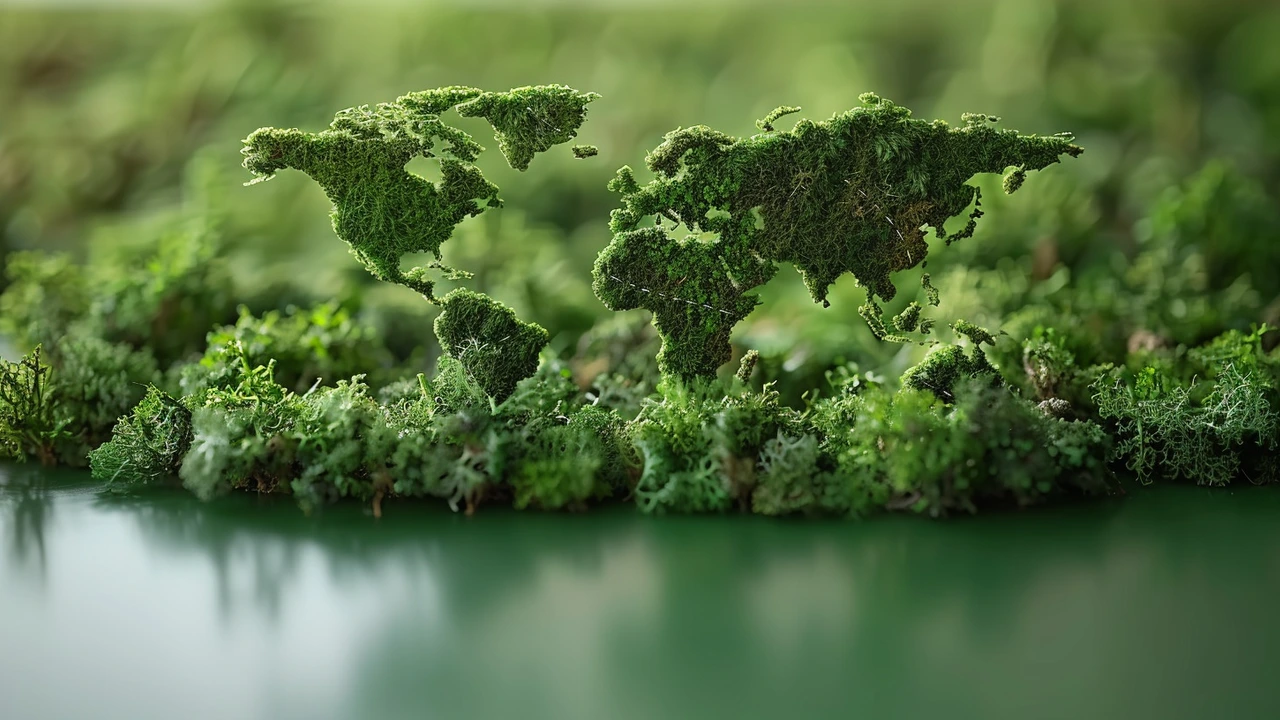Ever wondered how Africa’s wild places bounce back after years of farming, poaching, or overgrazing? Game farms across the continent are making a difference as hubs for land restoration. It’s not just about bringing back grass and trees—it’s about rebuilding entire ecosystems from the ground up. Restoring land doesn’t just give animals a home again; it creates jobs, supports local communities, and helps fight climate change. If you’re curious how old cattle lots or crop fields turn green again, you’re in the right spot.
Most game farms start with severely worn-out land. Soil erosion, invasive weeds, and loss of native plants are usually front and center. The key isn’t just planting random trees or dumping seeds. Specialists work to restore native grasses and trees, fix soil health, and reintroduce the right mix of browsing animals. Imagine a team digging water pans so antelope and birds have water in the dry season—or putting up fences to keep out livestock that eat everything down to dust. It’s real, hands-on work, not just paperwork or plans on paper.
It doesn’t stop with the plants and dirt. Restoring land means fighting off invasive species that choke out local growth. Workers might spend months pulling out prickly pears, lantana, or other aggressive intruders. Then come the slow-growing local trees—like mopane, acacia, or marula—each chosen because wildlife depend on them. Some farms even revive wetlands, which are gold for both wildlife and the water table.
People often picture game farms as tourist playgrounds, but the reality runs deeper. Land restoration isn’t a one-off project—it can take a decade or more before an area looks wild again. There’s controlled burning to mimic natural fires, bringing in dung beetles to kickstart the soil, and reintroducing grazers like zebra or wildebeest that keep the ecosystem in balance. Many farms also partner with researchers to track plant recovery and wildlife movements, making sure efforts really stick.
Game farms play a big role in restoring Africa’s heritage. By focusing on land recovery, they preserve rare species, support healthy rivers, and keep migration routes open. Farmers work hand-in-hand with local communities, offering jobs and training so that everybody benefits when the land heals. Whether it’s using drones to spot illegal grazing or working with schools to teach kids about native plants, there are plenty of real-world solutions in play.
Land restoration might sound like a buzzword, but on African game farms, it’s a lifeline—for wildlife, communities, and the whole continent’s future. Interested in seeing the change up close? Keep following African Game Farms Daily News for stories, updates, and success tales straight from the field.

World Environment Day 2024, on 5 June, highlights 'Our Land, Our Future' by focusing on land restoration and drought resilience. Hosted by Saudi Arabia, it emphasizes renewable energy and sustainability to combat climate change. This global event aims to inspire positive environmental action worldwide.
Read More >>